How will AI change the way brand teams work?
Much is being written about Artificial Intelligence (AI) these days. Even a letter by some of the top tech leaders stating that we should slow things down when it comes to developing technologies more powerful than Chat GPT4. (As usual, life happens faster than laws and it would make sense to put a halt for regulations to catch up.) But whether we slow it or not, it’s clear that AI is progressively getting embedded in our everyday and companies are not an exception.
Multiple tools are arising and they’re not only the offer of a new provider or a cool quote on a trends report: they are probably a resource some employees already use at the individual level. The question is not so much whether this is right or wrong, because when something it’s hard to stop, that’s not a very fertile question, but rather, how leverage it in the best way.
So how will AI affect the way brand teams work? And how can organizations get ready to face this outburst? Some hints ahead.
The productivity grail?
Productivity is indeed one of the key variables when defining a high performing team. It’s obviously critical for marketeers, who juggle between data-driven insights, socially triggered conversations, and last-minute optimizations. AI gives a helping hand, as it can liberate time for what’s really important and automatise the tasks that require a certain level of research, replicability and -yes, let’s face it- creativity.
To make it more tangible, a recent MIT study estimates the increase in speed completion of certain taks can be as high as 37% when using ChatGPT.
How can we start integrating it in brand teams’ ways of working? And how do we make sure it really delivers on the productivity promise?
Room for experimentation
In this episode of HBR Idecast about the future of work, Ethank Mollick, associate professor of Management at the Wharton School, insists on the benefits of using ChatGPT in daily work and invites teams to start experimenting with it right away to detect which areas of responsibility it can handle. Doing prework research on a topic, summarizing the content of a meeting, automatising the generation of certain emails, writing content pieces… These are all areas where AI can deliver reasonable outputs or at least a good basis to start with. This article shows quite a good array of AI tools to help on different areas. And indeed, teams should start experiencing with this asap.
Several tactics to kick it off:
- Empowering the early adopters to test AI tools and share the learnings and applications with the rest of the team.
- Create “lab sessions” where all the team members play with an AI tool and check how they can manage some of their individual tasks.
- Identify a project to be accelerated through AI and build collectively the change roadmap to achieve it.
Back to basics: the core behaviours
But will AI rise the productivity no matter how? I wouldn’t be so sure, as there was one key point to be careful about earlier on: AI liberates time “for what’s really important”. Being able to identify what is important and how to acheive it is fondamental. In the end, it all comes down to behaviours and without some critical competences, the use of AI could remain just another shiny object that won’t bring added value.
To accelerate productivity through AI we actually need to reinforce some basics of a productive brand team:
- Make the right questions: It’s always more interesting to rise a good question, than to give a good answer, because questions open doors to new visions. To ensure AI delivers an effective output, it’s key to make sharp, thorough, clear questions when using it. An anecdote shows it: the fake images of Pope Francis generated by Midjourney, had actually quite a precise briefing. And on a more thourough note, this article on Forbes stresses the importance of questions and why AI needs definitely the HI (Human Intelligence) to give its best version.
- Connect the dots: I always remember one meeting with a top luxury brand when I was working on the agency side, when after a long strategic workshop focused on upcoming trends, the client asked: “but… how do we connect the dots?” The question remained lingering for a moment, and she hit right on the spot. Having the capacity to make a brand live through a rich storytelling and an engaging, consistent omnichannel experience is still something that ChatGPT will have a hard time doing.
- Write the algorithm: and I’m not talking about writing the hard code, even though it will always be something interesting to learn, I’m talking about setting the rules that make AI work. This is particularly important when it comes to personalization, one of the hard-core benefits of AI as Salesforce logically states in this article. Creating meaningful, right-on spot, journeys in the brand experience requires human understanding and a quite a bunch of testing.
It's no surprise when we realise that these are key competences in the brand job: it’s all about insights generation, powerful strategic vision and the capacity to build and quickly course correct actionable brand roadmaps. By the end of the day, as Tomas Chamorro-Premuzic puts it in this Fast Company podcast episode on how AI will shape the future of work: “[Our] differentiating angle will be to develop and cultivate our emotional intelligence, our social skills, and our ability to feel what others feel and connect with them.”
Definitely, the competences of a good marketeer.

